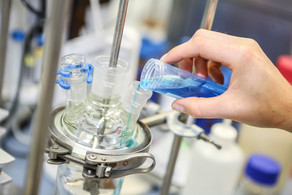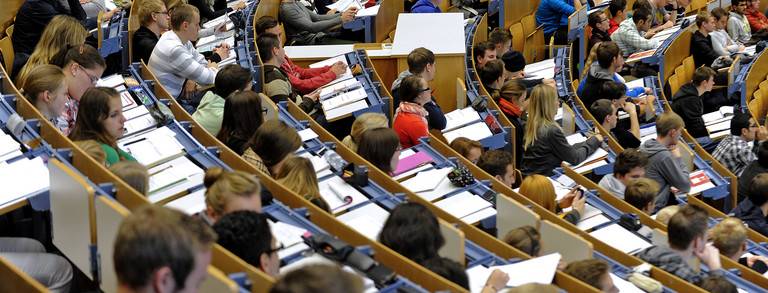Course Content
The basic principles and concepts of homogeneous transition metal catalysis are briefly (repetitively) presented. Industrially relevant transition metal catalyzed reactions and processes are discussed in detail. For each transformation, the influences of ligands and catalysts on the overall process are discussed. The various methods of catalyst separation and recycling and their influences on the economics of the processes are highlighted. Students are given an overview of the industrial use of homogeneous catalysis in the production of intermediates, final products and fine chemicals with their respective specific process requirements.
Aquired competences
The students will be able to:
- List applications of homogeneous catalysis
- Discuss process variants for their advantages and disadvantages
- Outline and describe basic flowsheets of the important processes
- List respective catalyst properties and process parameters and explain their influences on performance and economy
- Propose catalytic synthesis routes for new products
- Select catalysts for a given transformation.
Further Details
| Exam | Oral (or written) - 30 (120) min |
| Preliminaries | - |
| Literature | A. Behr, P. Neubert, Applied Homogeneous Catalysis, Wiley-VCH, 2012 P. C. J. Kamer, D. Vogt, J. W. Thybaut (Eds.), Contemporary Catalysis – Science, Technology, and Applications, RSC, 2017 The slides of the course and any additional materials such as literature lists and website recommendations will be published in the virtual workrooms in Moodle provided for this purpose. Details will be announced at the beginning of the course. |
Only the information found in the LSF and the most recent edition of the Modulhandbuch der Fakultät Bio- und Chemieingenieurwesen is binding. The content on this page may not reflect the most up-to-date information.






